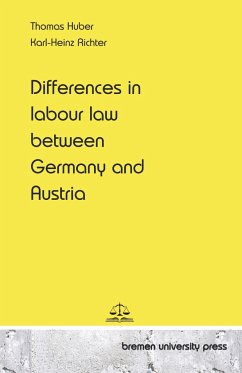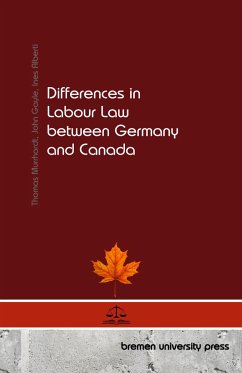Labour law in Germany and Austria have both similarities and differences. Both countries have comprehensive legal regulations that structure the labour market and employment relationships. In both Germany and Austria, the labour law systems are based on similar basic principles, including the protection of employees, regulated working hours, holiday entitlements, protection against dismissal and co-determination in companies. These principles are often influenced by EU directives and international agreements. Despite these similarities, there are differences in the detailed regulations. In Germany, the provisions on working hours, overtime pay and the flexibilisation of employment relationships are partially different to those in Austria. Protection against dismissal is stricter in Germany, in particular due to the Dismissal Protection Act, which applies to companies with more than ten employees. Austria also has protection against dismissal, but the regulations are somewhat less strict and socially unjustified dismissals are less strongly regulated. The social partnership is traditionally stronger in Austria. In summary, it can be said that the labour law frameworks in Germany and Austria are comparable, but that there are specific differences in their design and application. These differences can have an impact on working conditions, the flexibility of the labour market and the protection of employees. A comprehensive understanding of the respective national regulations is therefore important, especially for companies and employees working in both countries.
Bitte wählen Sie Ihr Anliegen aus.
Rechnungen
Retourenschein anfordern
Bestellstatus
Storno








